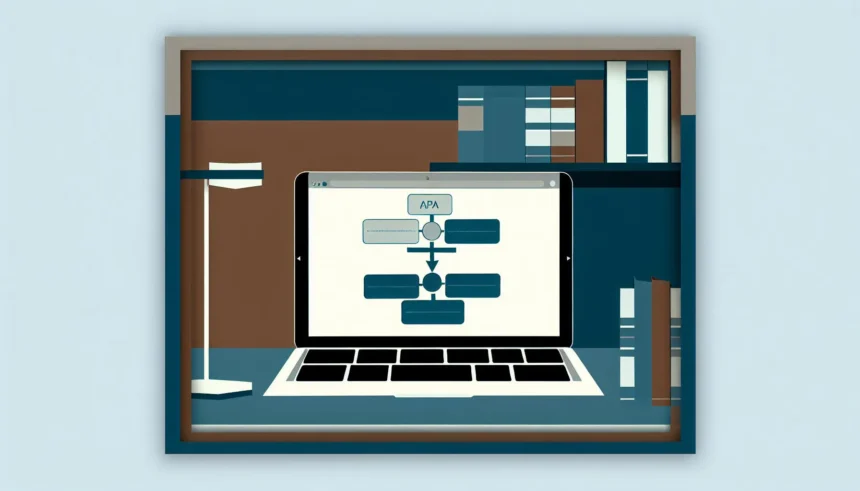In the academic and professional world, accurate citation of sources is essential for maintaining credibility, avoiding plagiarism, and providing proper credit to the original authors. However, the process of manually formatting citations according to different citation styles can be time-consuming and overwhelming. This is where citation generator come to the rescue, offering a convenient and efficient solution to manage references effortlessly. In this comprehensive guide, we delve into the world of citation generators, exploring their benefits, features, and how they can streamline your research and writing process.
Understanding Citation Generators
Citation generators are online tools or software programs designed to automatically generate citations and bibliographies based on specific citation styles, such as APA, MLA, Chicago, Harvard, and more. These tools simplify the process of citing sources by allowing users to input relevant information about a source, such as the author’s name, publication date, title, and URL, and then automatically formatting the citation according to the selected citation style.
Benefits of Using Citation Generators
1. Time-Saving
One of the primary advantages of using citation generators is the time saved in creating and formatting citations manually. With just a few clicks, users can generate accurate and properly formatted citations, eliminating the need to spend hours meticulously formatting references.
2. Accuracy
Citation generators help ensure the accuracy of citations by following the specific guidelines of different citation styles. This reduces the risk of errors and inconsistencies in referencing, ensuring that your work meets the required academic or professional standards.
3. Convenience
Citation generators offer a convenient solution for managing and organizing references. Users can easily store and access bibliographic information, generate citations for multiple sources, and export bibliographies in various formats, all within a single platform.
How Citation Generators Work
Most citation generators operate on a similar principle, where users input the required information about a source, such as the author, title, publication date, and source type (e.g., book, journal article, website), and select the desired citation style. The generator then processes this information and generates a formatted citation that can be copied and pasted into the document.
Some citation generators also provide additional features, such as the ability to save citations, create bibliographies, and automatically generate in-text citations. These advanced functionalities enhance the user experience and streamline the citation process further.
Choosing the Right Citation Generator
When selecting a citation generator, it is essential to consider several factors, including the supported citation styles, ease of use, additional features, and compatibility with different platforms. Additionally, some citation generators offer premium or paid versions with enhanced functionalities, such as plagiarism detection and integration with reference management tools.
Popular citation generators include tools like Zotero, Mendeley, EasyBib, Citation Machine, and BibMe, each offering unique features and benefits. Users can explore different options to find the citation generator that best suits their specific needs and preferences.
Best Practices for Using Citation Generators
While citation generators offer a convenient way to manage references, it is crucial to follow best practices to ensure the accuracy and integrity of your citations. Here are some tips for effectively using citation generators:
1. Verify the Generated Citations
Always double-check the citations generated by the tool to ensure they are accurate and complete. Pay attention to details such as spelling punctuation and formatting to avoid errors.
2. Understand Citation Styles
Familiarize yourself with the specific requirements of different citation styles to ensure proper formatting of citations. Each style has unique rules for citing sources, so it is essential to follow the guidelines closely.
3. Keep Your Sources Organized
Maintain a well-organized system for storing and managing your sources to easily input the required information into the citation generator. This will help streamline the citation process and save time.
4. Update Your Citations
Regularly update your citations to reflect any changes or additions to your sources. Keep track of new references and ensure that all citations are up to date and accurate.
Conclusion
Citation generators are valuable tools that can significantly enhance your research and writing process by simplifying the task of creating and formatting citations. By leveraging the benefits of citation generators, you can save time, ensure accuracy, and maintain professionalism in your academic or professional work. Whether you are a student, researcher, or writer, incorporating citation generators into your workflow can improve the efficiency and effectiveness of your reference management. Embrace the power of citation generators and take your research and writing to the next level!


